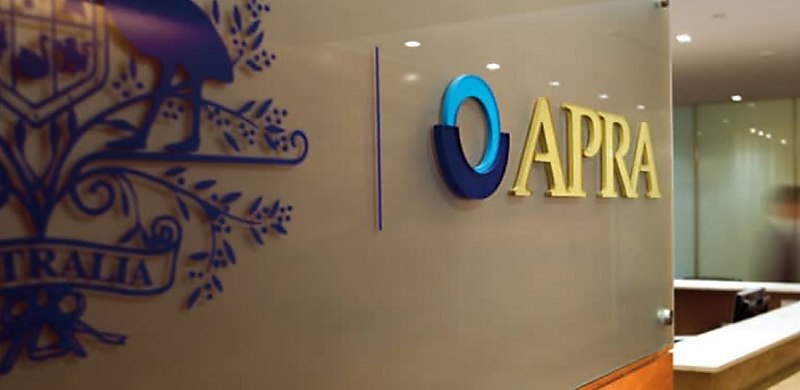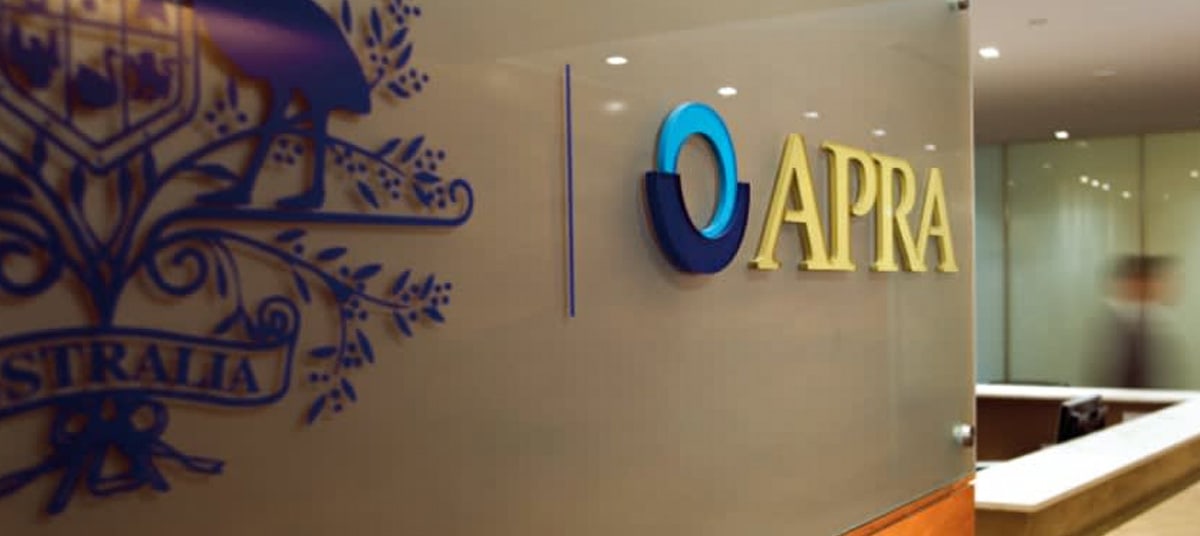
A submission to the Senate’s home ownership inquiry has said APRA should have a 2–3 per cent target for home loan arrears and an ‘RBA-style board’ to accelerate home lending.
The Australian Prudential Regulation Authority (APRA) should support a target band of residential mortgage arrears rate of 2–3 per cent, the Housing Industry Association (HIA) has told the Senate inquiry into the financial regulatory framework and home ownership in a bid to free up overly conservative lending and increase home ownership.
Conducted by the Senate economics references committee, the inquiry seeks to explore ways to reduce lending costs and improve accessibility for first home buyers. It aims to assess whether the present financial regulatory framework adequately prioritises the goal of home ownership for Australians.
In its submission to the inquiry, the HIA said that while mortgage arrears levels currently remain below their pre-pandemic peak, lenders have become overly conservative in lending (to first home buyers in particular) as a result of prudential tightening.
The group said that this was largely due to “a decade of additional costs” coming off the back of “a decade of additional regulatory imposts”, which it alleges has made it increasingly expensive for banks to lend to first home buyers and reduced competition among banks to lend to first home buyers.
While arrears have been rising slightly at the major banks recently, data from the Reserve Bank of Australia (RBA) found less than 1 per cent of all housing loans are 90 or more days in arrears and less than 3 per cent of highly leveraged borrowers – the group of households most at risk – are in arrears.
New research from Roy Morgan also showed the number of mortgage holders at risk of mortgage stress is falling and is set to fall further over the next few months, partly due to the introduction of the stage 3 tax cuts in July.
The HIA has therefore recommended that the prudential regulator should support a target band of residential mortgage arrears rate of 2–3 per cent, as a means of freeing up restrictive lending practices.
‘Zero mortgage delinquencies is an unattainable and undesirable goal’
Explaining the recommendation, HIA chief economist Tim Reardon said that ongoing regulations have forced banks to eliminate much of the flexibility and competition in the mortgage market that made home ownership accessible for households of variable credit quality, such as first home buyers.
He said: “Just as zero inflation is not the RBA’s goal, zero mortgage delinquencies is an unattainable and undesirable goal for APRA.
“Despite this, home buyers in Australia have been subjected to more than a decade of additional restrictions on lending that have reduced competition among banks issuing loans, especially for first home buyers.
“Mortgage arrears in Australia remained exceptionally close to zero through the GFC and the pandemic, but regulators continue to impose additional constraints on lending, competition among banks and restricting housing supply.
“This ‘belt and braces’ approach to macro-prudential restrictions is needlessly restrictive and increasingly limits lending only to those that already own at least one home, pursuing financial system stability at the expense of first home buyers…
“Banks should be making the decision on who is able to service a mortgage, not the Australian Government.
“Banks are well placed to make this assessment and are protected from delinquency through mortgage insurance.
“Requiring regulators to target a rate of mortgage arrears of between 2 and 3 per cent, or double the current rate, will prioritise home ownership as well as financial system stability.
“Ensuring that home ownership remains an attainable goal for Australian households is an equally important objective that has not received adequate recognition among financial regulators.”
The HIA also suggested to the Senate inquiry that a new “independent oversight board” should be established to provide oversight to the financial regulatory framework implemented by APRA and ASIC, similar to the RBA governance.
According to the HIA, such a board should ensure that future macroprudential initiatives achieve their objectives while monitoring for unintended consequences.
However, it said that the board would not replace “the club of regulators” (the Council of Financial Regulators) that currently review each other’s efforts to introduce new regulations, rather to “temper these measures against broader economic and social goals”.
Other recommendations in the submission include:
- Eminent person review: Conduct a comprehensive review of the macroprudential regulations implemented since 2008 to evaluate their effectiveness and governance, similar to the Campbell Committee inquiry of the financial system from 1979–81.
- Assess efficiacy of APRA and ASIC initiatives: Evaluate the impact of APRA and ASIC’s measures aimed at reducing apartment construction over the last decade and how they contributed to the current housing shortage.
- Population forecasting resources: Increase funding for the Centre for Population and the ABS to improve the accuracy of population growth forecasts, aiding local councils in addressing housing supply issues.
- Housing data reporting: Increase resources for the ABS to enhance land and housing data collection, focusing on quicker reporting and expanded surveys.
- National land supply reporting: Advocate more investment in the ABS to create a national reporting system for land supply, facilitating benchmarking of state and local governments in delivering residential land.
“The regulatory system is in place to ensure that the financial system serves the needs of the Australian people. Australians expect the financial system to facilitate home ownership for all, not just those who regulators consider ‘worthy’,” Reardon said.
Senate inquiry submissions close this week
Submissions for the Senate inquiry are open until this Thursday (26 September), with the Senate wishing to see ideas that address changes to taxation, flexibility to the 3 per cent interest rate buffer when servicing refinancers, and reduced deposit requirements for first home buyers.
Speaking on The Adviser’s In Focus podcast about the new inquiry last month, the chair of the committee, senator Andrew Bragg, said he was actively seeking input from mortgage brokers to help shape the final recommendations.
The Liberal senator (and shadow assistant minister for home ownership) told The Adviser that he is “in the market for new ideas” to improve first home buyer activity and deregulate stringent lending laws, saying that brokers are ideally placed to give evidence to the inquiry.
You can find out more about the inquiry and its process in the full interview with senator Andrew Bragg on The Adviser’s In Focus podcast here:
[Related: In Focus: Senator Andrew Bragg unpacks the home ownership inquiry]

